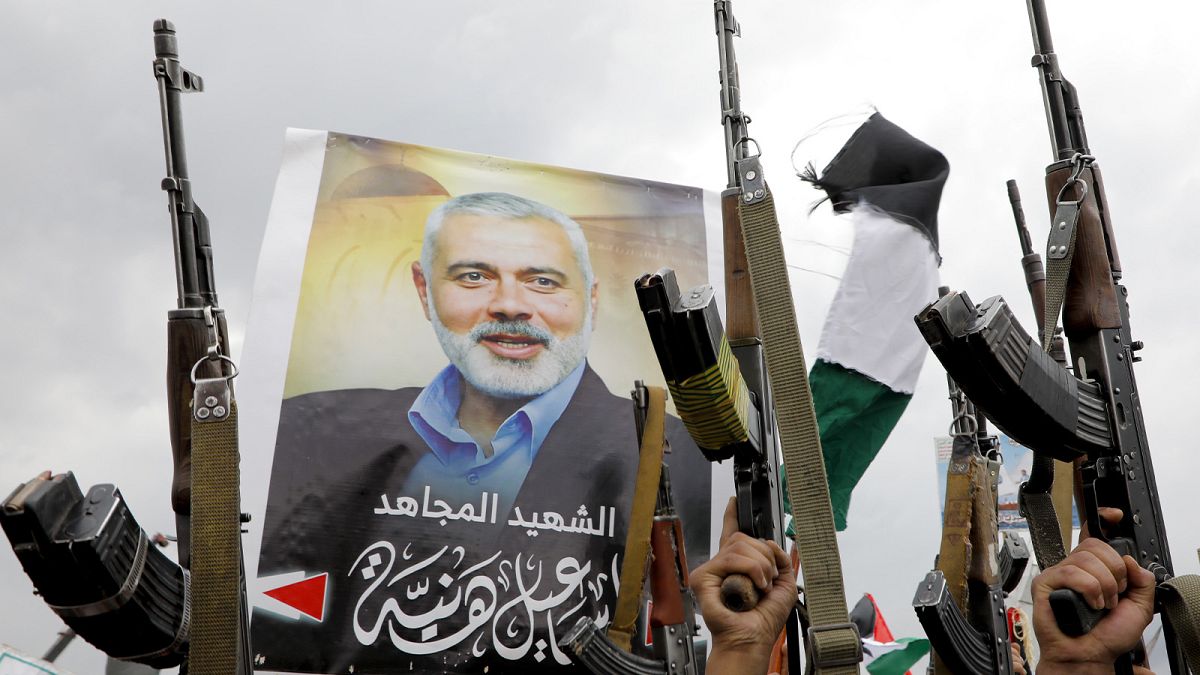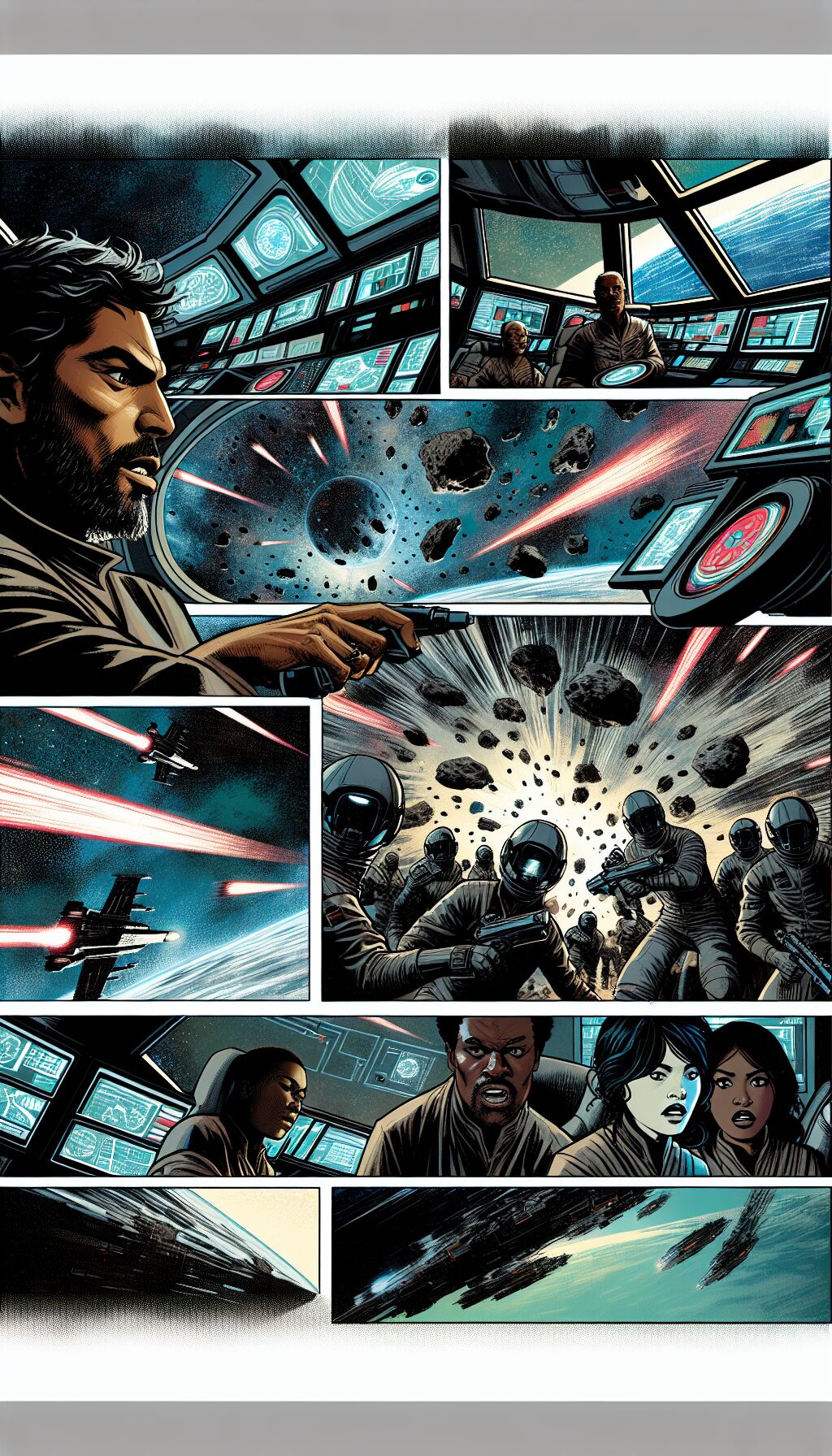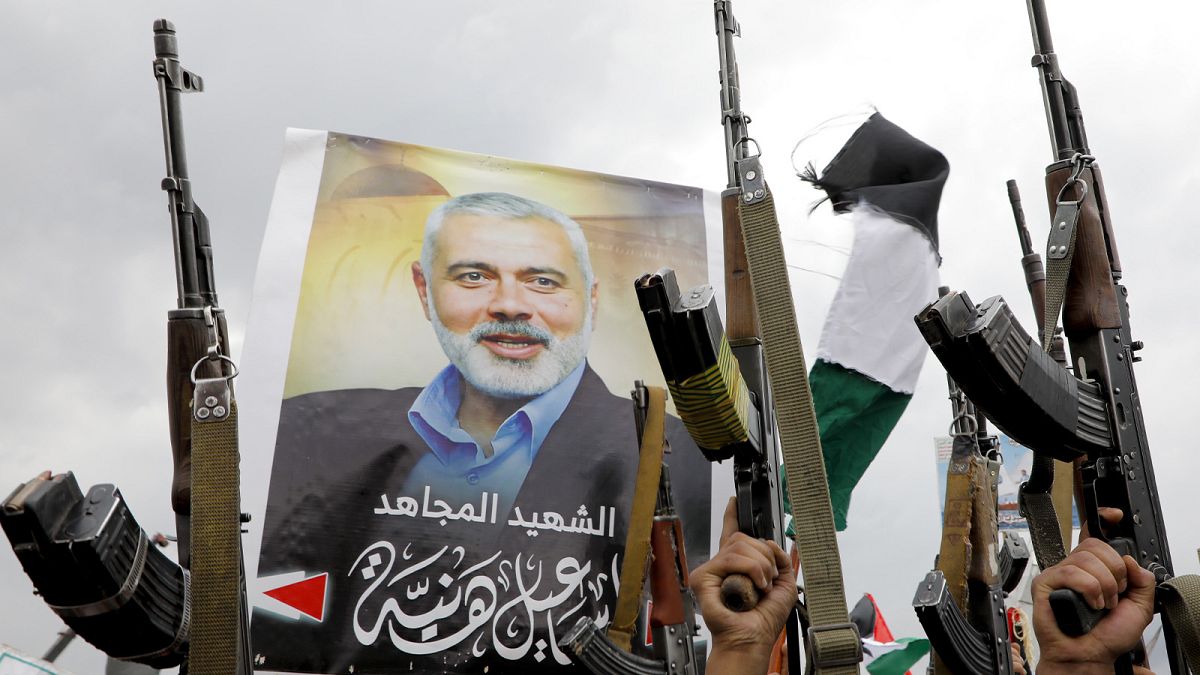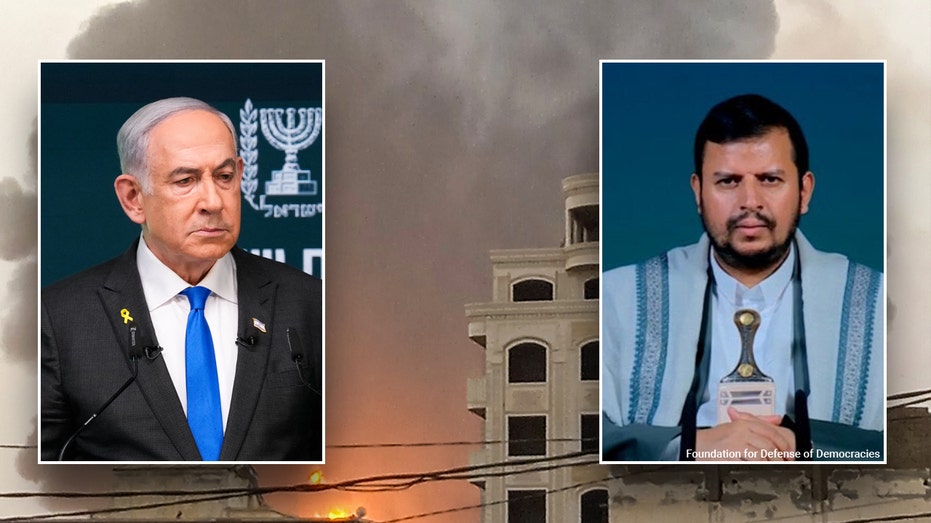
Israel Eyes Houthi Leadership Amid Ongoing Conflicts
JERUSALEM – As negotiations for a hostages-for-cease-fire arrangement between Israel and Hamas unfold, and with the fragile truce with Hezbollah in Lebanon holding, Israel seizes an opportunity to redirect its military focus toward Yemen’s Houthi rebels. This strategic pivot aims to neutralize the growing threat posed by the Houthis, according to insights from former Israeli officials.
Strategic Shift to Yemen
Retired Maj. Gen. Amos Yadlin, the former head of Israeli Military Intelligence and current president of MIND Israel, articulated the necessity for Israel to broaden its military operations in Yemen. “Israel must intensify and broaden its operations in Yemen, targeting not only infrastructure but also the political leadership,” Yadlin stated in a recent interview with Fox News Digital.
He further added, “Targeted assassinations are an option, provided we have reliable intelligence to enable such missions. The Houthi leaders should share the same fate as Hassan Nasrallah of Hezbollah and Hamas’s Yahya Sinwar, and the sooner, the better.” This call to action highlights the urgency perceived by Israeli officials regarding the Houthi threat, particularly in the context of regional instability.
Escalation of Houthi Attacks
Israel’s renewed focus on Yemen comes in light of escalating tensions with the Houthis, who have significantly ramped up their military activities. Since the Hamas-led massacre on October 7, which claimed 1,200 lives, the Houthis, under the leadership of Abdul Malik Badruddin Al-Houthi, have launched over 200 missiles and 170 drones aimed at Israeli territory. In addition, their maritime aggression has seen them target more than 70 commercial vessels in the strategically critical Bab-el-Mandeb Strait.
In response to these provocations, Israel has initiated airstrikes on Houthi-controlled areas, targeting locations such as the Ras Isa oil terminal on the Red Sea, as well as power stations and ports in key cities like Sana’a, Hodeidah, and Salif. These strikes have been a direct reaction to a Houthi missile attack that struck an elementary school in Ramat Gan, just outside Tel Aviv, underscoring the immediacy of the threat to Israeli civilians.
The Complexity of Long-Range Operations
Brig. Gen. (res.) Relik Shafir, a former Israeli Air Force pilot involved in significant military operations, acknowledged the challenges posed by long-range missions such as those targeting Yemen. “The distance to Yemen represents one of the longest operational ranges the IAF has flown. It requires refueling jets and demands high levels of concentration from pilots flying for seven hours,” he explained.
However, Shafir expressed confidence in Israel’s airpower capabilities, asserting that precision strikes could be conducted effectively. “Israeli airpower and guided missile technology ensure strikes can hit targets within a few feet of accuracy,” he noted, suggesting that despite the geographical challenges, Israel remains more than capable of executing targeted operations.
Calls for Targeted Leadership Eliminations
There’s an increasing clamor among Israeli officials and analysts for a concerted focus on the elimination of Houthi leadership. Figures such as Abdul Malik Badruddin Al-Houthi and other senior leaders like Abdul Khaliq Badruddin Al-Houthi, Muhammad Ali Al-Houthi, and Abdul Karim Amiruddin Husayn Al-Houthi have already been designated as Specially Designated Global Terrorists by the U.S. State Department.
Joe Truzman, a research analyst with the Foundation for Defense of Democracies, commented on the operational challenges of assassinating Houthi leaders but remained optimistic, stating, “Israel has successfully targeted nuclear scientists and military personnel in Iran. A similar approach could be replicated in Yemen if the Houthis continue their provocations.”
The Intelligence Challenge
Yet, the complexity of operations in Yemen cannot be understated. Maj. Gen. (res.) Yaakov Amidror, a former Israeli national security adviser, warned that engaging with the Houthis entails far more logistical and intelligence challenges than operations against closer adversaries like Hezbollah. “In the case of Nasrallah, we struck his location within 20 minutes of confirming his whereabouts. Yemen, however, requires a completely different intelligence network and a larger logistical operation to succeed,” Amidror cautioned.
Moreover, to effectively neutralize the Houthi threat, Amidror stressed that Israel would need to augment its intelligence collection efforts and establish partnerships with entities that can provide actionable intelligence. “To neutralize the Houthis, Israel will need to intensify intelligence collection and build partnerships with entities capable of providing actionable data,” he added.
The Need for Regional Coordination
Former national security adviser Eyal Hulata echoed Amidror’s concerns, reiterating the significance of understanding the operational landscape to cripple Houthi capabilities. “This requires more intelligence, assessments, and coordination between Israel and regional players,” Hulata asserted, emphasizing the necessity for a multi-faceted approach against the backdrop of increasingly complex regional dynamics.
International Support for Israeli Actions
As Israel navigates this precarious situation, international support remains vital. The U.S. has voiced its backing for Israel’s right to self-defense amid the Houthi aggression. U.S. Defense Department spokesperson Maj. Gen. Pat Ryder underscored the unjustified nature of the attacks on Israel, warning that they also pose a broader threat to regional stability.
The unfolding situation in Yemen illustrates the intricate web of conflicts that continue to shape the Middle East. With multiple fronts engaged in hostility, Israel’s strategic recalibrations highlight the complexities of regional security and the ongoing necessity for tactical and diplomatic responses.
Conclusion
As negotiations for a cease-fire and hostage release continue, the threat from Houthi rebels is pushing Israel to reconsider its military priorities. The successful implementation of targeted operations against Houthi leadership may require coordination, intelligence, and logistics, but the stakes are undeniably high given the broader implications for regional security. Israel’s ability to maintain its military effectiveness amid these shifting dynamics will be critical in the coming months.


















